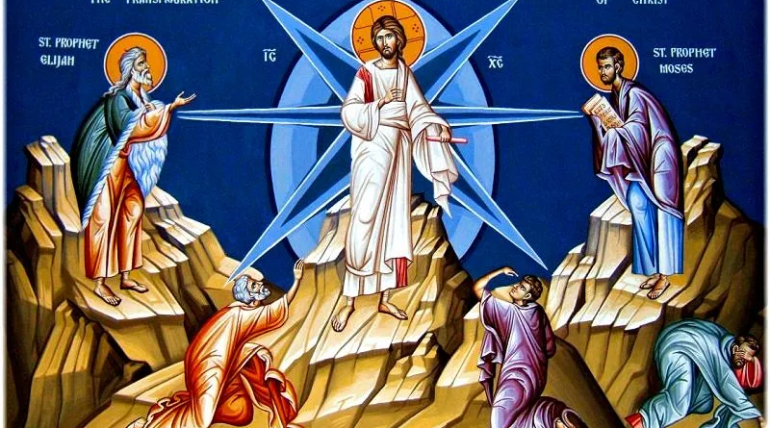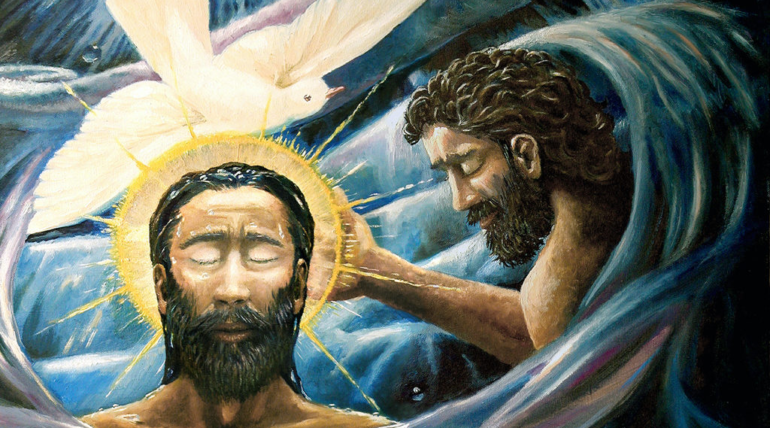Pentecost – God is Spirit
When we speak about the Holy Spirit we speak about the breath of God breathing in us, praying in us, breathing through the universe, breathing through all of creation. Spirit (Greek ‘pneuma’) is breath, the most personal and intimate of things. “God is spirit” says St. John (4: 24). God breathes. The average person takes about 600,000,000 in a lifetime, few of them noticed, but each essential for life. It’s tempting to view Pentecost as the feast of an “object out there” called the Holy Spirit, the third person of the Trinity. The feast of Pentecost is not analogous to August 15th as “Mary’s Feast”, of March 17th as “Patrick’s Feast”. Pentecost celebrates the breath of God, the breath of Creator. Every feast, every day, every prayer is the Spirit’s breathing or it is nothing.
We in western Christianity have been more focused on our own religious activity and seem a bit lost about inviting the Spirit into our lives and allowing ourselves to be led by the Spirit. “The spirit blows wherever it pleases”, Jesus told Nicodemus, “you cannot tell where it comes from or where it is going” (John 3:8). It blows through our consciousness, our subconscious and even our unconscious. It blows through nature itself “and catches the heart off guard” as Seamus Heaney put it. It is very human of us to want to “objectify” God’s Spirit as if it were another thing “out there”, something we might want to embody in a statue or shrine. The experience of the Spirit of God blowing through our lives is larger and more primary and powerful than anything else.
Irish theologian Dermot Lane, after a spell in the U.S., wrote: “In the U.S. in the last ten years, the largest religious grouping was that of ex-Catholics who cited the lack of a meaningful spirituality as their main reason for leaving the Church” – Theology and Ecology in Dialogue, p. 52. I think many of them want to feel the breath of God. Contemporary theologians tell us that the spirit or breath of Creator is encountered in our human experience, in our experience of nature and of other human beings, as well as in the experience of charismatic figures in history – cf. Donal Dorr, A Creed For Today, pp. 175 ff.
You will find ex-Catholics serving the homeless and the hungry in the shelters and food pantries of the world today. There’s where they encounter the Spirit of God. There’s where they find a meaningful spirituality. Pope Francis tells us the Spirit is very present and active in the poor. “They have much to teach us’, he says. “In their difficulties they know the suffering Christ. We need to let ourselves be evangelised by them” – Encyclical, The Joy of the Gospel, 198. By emphasising the important role of poor people and challenging us to come to a deeper understanding of the message of Jesus, Francis echoes a key insight of St. Paul: “God chose the foolish things of the world to shame the wise; God chose the weak things the world to shame the strong” – 1 Cor 1: 27.
Fr. QQ – 06/01/2022



